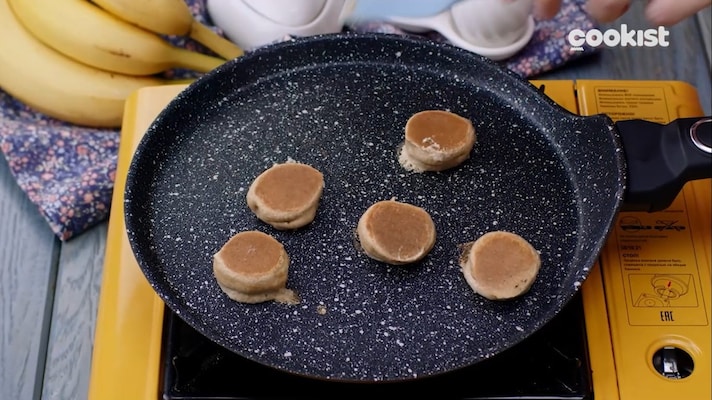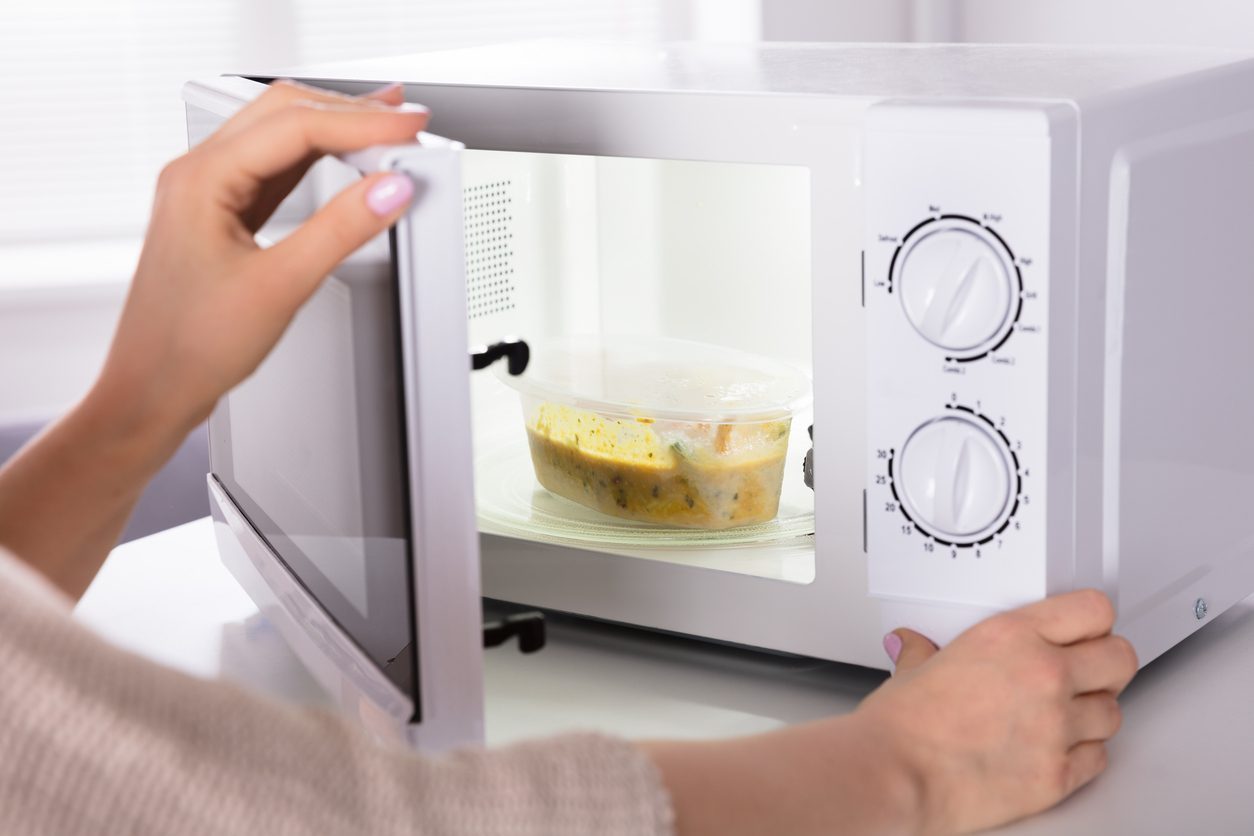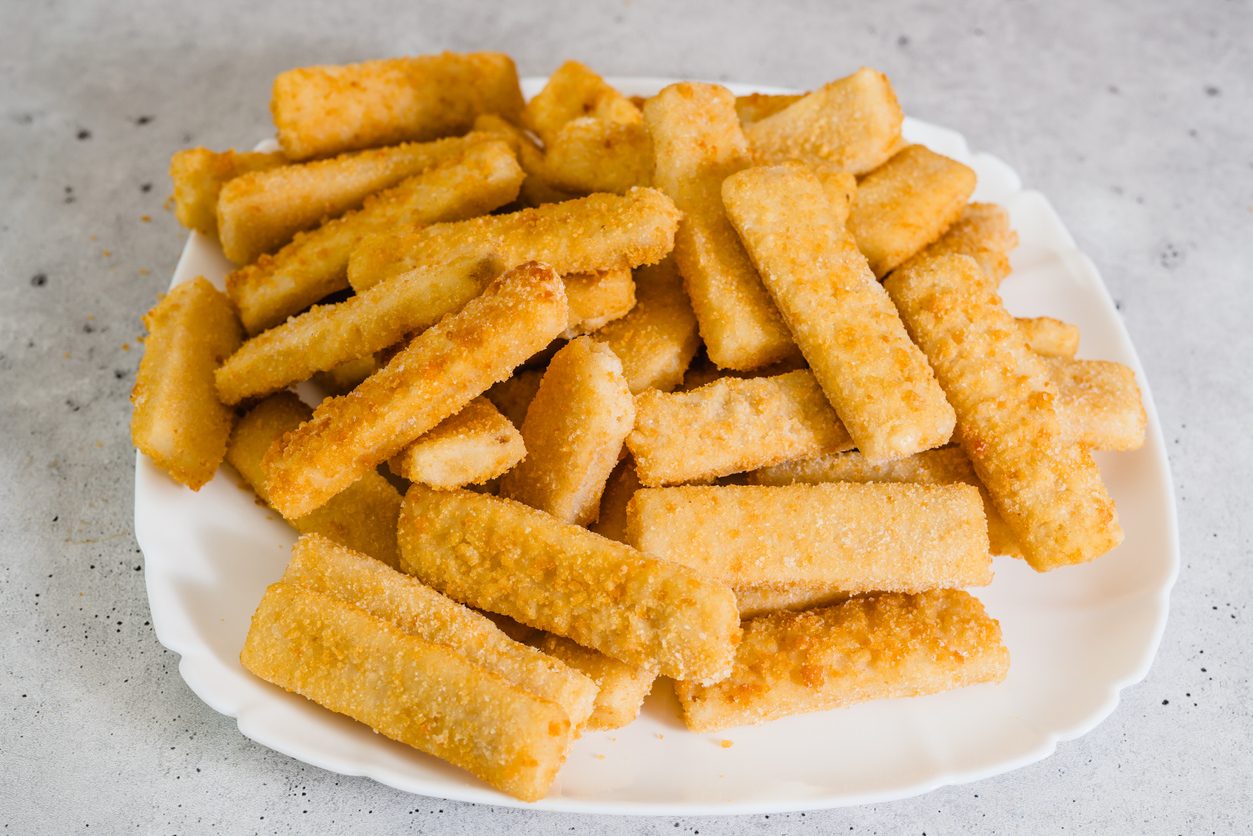Here’s Why You Should Never Use Butter to Grease Your Pancake Pan
Cooking pancakes with butter is a mistake because it burns quickly, leaving bitter, unevenly cooked pancakes. Butter also pools and creates an inconsistent cooking surface, making pancakes stick or turn out dense. Instead, use neutral oils like canola or vegetable oil, which have higher smoke points and cook evenly.
;Resize,width=742;)
There’s something romantic about the idea of cooking pancakes in butter. It feels indulgent, like a nod to the good old days when breakfast meant slow mornings and rich flavors. But the harsh truth is that butter is far from the ideal choice when it comes to greasing your pan for pancakes. It’s a common mistake that can ruin the very thing you’re trying to perfect—a stack of light, golden, fluffy pancakes.
Butter Burns Too Quickly
The number one reason to ditch butter for pancake-cooking duty is that it burns—fast. Butter has a low smoke point, meaning it starts to break down and turn brown at relatively low temperatures (about 350°F). Pancakes, on the other hand, need a consistent, medium heat to cook evenly without scorching. When butter burns, it doesn’t just fill your kitchen with smoke; it leaves an unpleasant bitterness on the pancakes themselves, which defeats the purpose of a comforting breakfast.

Uneven Greasing = Uneven Pancakes
Even if you manage to keep butter from burning, there’s another issue: it doesn’t coat the pan evenly. Butter tends to pool in certain spots, leaving some parts of the pan slick while others stay dry. This inconsistency can result in pancakes that are golden in patches and pale in others—or worse, pancakes that stick in certain places and tear when you try to flip them. A nonstick surface only gets you so far; even the best pans need an even, heat-stable layer of fat to do their job right.
Butter Can Weigh Your Pancakes Down
Butter is heavy, and when it seeps into the edges of the batter, it can weigh down your pancakes and give them a dense, greasy texture. If you’ve ever noticed that the first pancake in your batch comes out less than perfect, butter is often the culprit. Instead of rising into the fluffy treat you imagined, the pancake gets bogged down by excess fat. The problem usually gets worse as the pan heats up, making subsequent pancakes increasingly heavy and unevenly cooked.

What to Use Instead
If butter isn’t the hero of the pancake game, what is? Neutral oils like vegetable oil, canola oil, or even coconut oil are far better alternatives. These oils have higher smoke points, so they stay stable at pancake-cooking temperatures. More importantly, they spread evenly across the pan, creating a uniform cooking surface. This allows pancakes to cook through without sticking or burning, resulting in that perfect golden crust you’re after. If you’re married to the flavor of butter, consider adding a pat on top of the finished stack instead—it’ll melt beautifully without interfering with the cooking process.
;Resize,width=767;)
;Resize,width=712;)

;Resize,width=712;)
